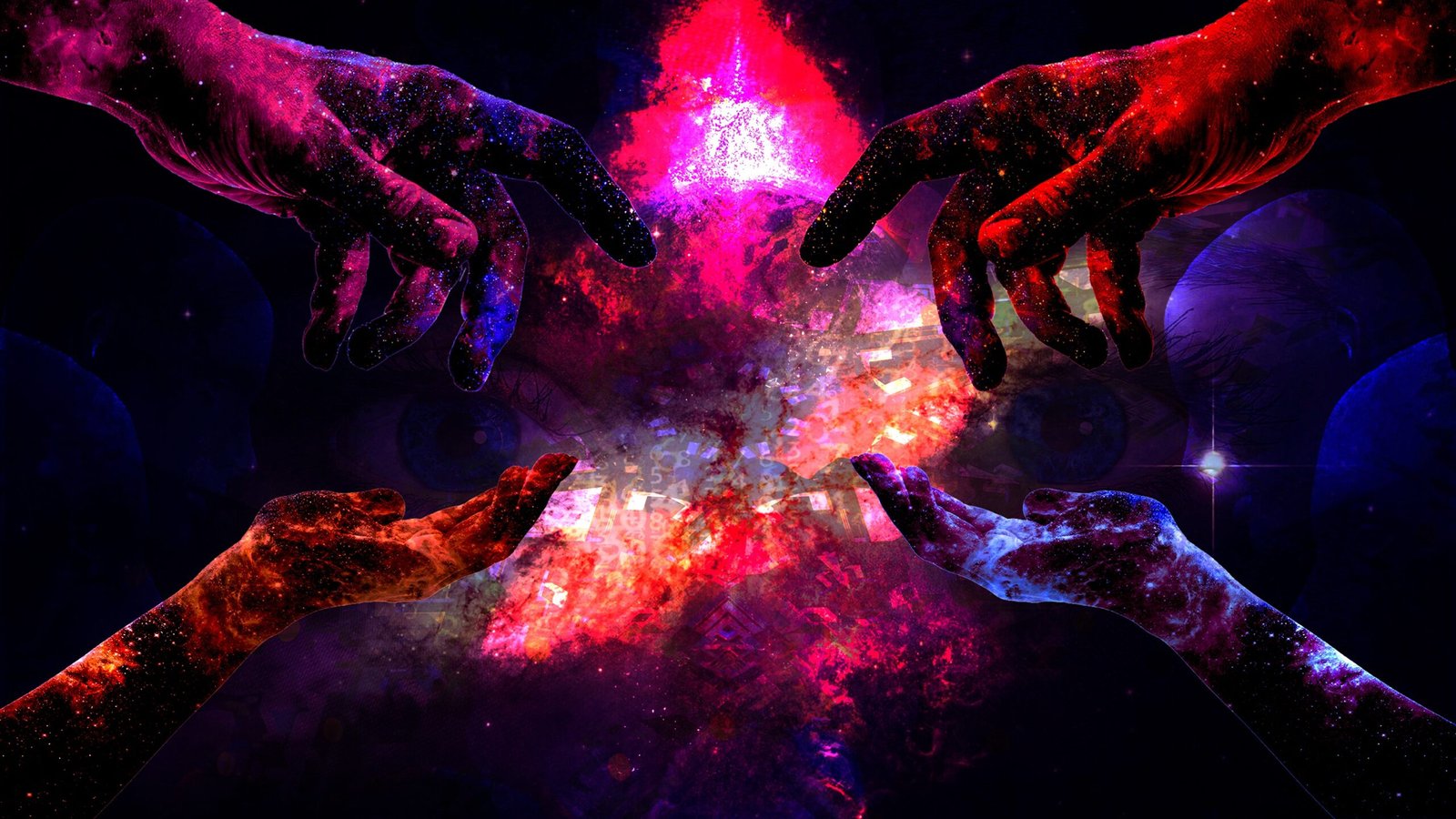Despite living in one of the most secular countries worldwide, ex-Muslim secularists in France still face hate speech, death threats, and an idle government.
Waleed Al-Husseini founded the Council of Ex-Muslims of France. He escaped the Palestinian Authority after torture and imprisonment in Palestine, fleeing to Jordan and then France. He is an ex-Muslim and an atheist. We have published interviews in Canadian Atheist (here, here, here, and here), The Good Men Project (here), Humanist Voices (here), and Conatus News (here, here, and here). Here is an educational interview on ex-Muslims in France.
Scott Douglas Jacobsen: Ex-Muslims in France are in a more secular culture. There is a different sense of secularism in the culture there too, as France can be described as one of the most secular countries in the world, at least constitutionally. Ex-Muslims probably welcome the transition from Muslim home life to a more secular culture. What is French secularism like for many ex-Muslims?
Waleed Al-Husseini: For us, secularism in France; it’s the most important. We like it. We are trying to defend it and go forward with it; we don’t like those who try to reduce or remove it. We do not want to move the dial back, especially with Islamism. Those who use it to spread their non-secular values.
That is why we were against Macron, the French President when he said that French society is not a secular country while the state is secular. The state is the only secular institution. We were against him too when he went to talk to Church officials asking them to become part of and more active in political life.
All these things are taking secularism back, away from us. We don’t like this because it opens a big door for Islamism to come, infiltrating more and more into the country. “French secularism”, and every kind of secularism, actually, means religion is out of politics. That is something we need. We are fed up with religion. All these wars that are taking place worldwide take place in the name of religion.
Secularism came after 400 years of war so we can understand the meaning of it and how much it is important. French secularism, or Laïcité, is what we all need in this world.

Jacobsen: How do ex-Muslims manage the transition into the more secular life in France?
Al-Husseini: Many of us have this value and found it to be the best, so it’s so easy for us to be in this life. People dream of it for a very long time. That is why life in France has never been different than our internal values. It’s just sometimes with extremes things do not work that good.
It’s important to us to feel welcome in France and to feel that our secular way of life can be accepted. Because the extremist Muslims, Christians or Jewish people will never accept our values. To be more direct, especially Muslim extremists are our big problem. We live our life easily in the secular life, but we still take care of our safety.
Jacobsen: Can ex-Muslims feel bullied and harassed by some Muslim communities and enclaves in France?
Al-Husseini: This is one of our main problems, not only from Islamism but even from random Muslims who will recognise ex-Muslims. They will insult or try to beat us, like what happened to me many times when I tried to voice my opinion regarding my values.
The worst threats for us coming from some leaders of Muslim associations or imams as many of them ask their followers and disciples to kill us and that we deserve to die. The religious leaders say that we are traitors.
This type of hate speech against us makes us easy targets for Muslims. The more they speak means that we actually have effect in society, but it also means that death threats and dangers are rising.
Jacobsen: How can the French government better protect the rights and livelihood of the French ex-Muslim population?
Al-Husseini: It is complicated here, but at least they can stop the hate speech against us by arresting those who do it. They can be more strict against these type of imams and leaders who make these unwarranted and hateful assertions.
The French government has a lot to do in general, even in fighting terrorists and fundamentalism. But what should be fast should be to stop and actually halt political Islam, or Islamism, and even ban it.
Islam should be just private relations. That is what should happen everywhere. Religion is a private matter, and everyone should be able to condemn it and, more importantly, it should take no part in politics.
Jacobsen: Thank you for the opportunity and your time, Waleed.






Article Discussion